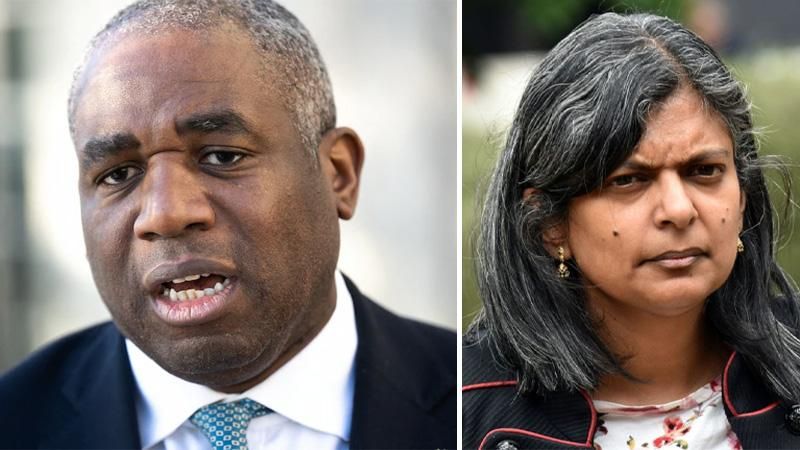Following a fire at an electrical substation that shut down London Heathrow airport, halting over 1,350 flights and interfering with the travel of hundreds of thousands of people, Downing Street has stated that there are "questions to answer."
The inquiry into the "unprecedented" incident that rendered Britain's largest airport inoperable as engineers attempted to restore electricity is being led by counter-terrorism police, who stated that there was "no indication of foul play."
According to two persons with knowledge of the investigation, authorities thought the fire was more likely to have been an accident than the product of hostile intent or criminal behaviour. On Friday night, police affirmed that there was no reason to suspect the fire.
Heathrow partially reopened on Friday evening and was expected to be fully operational by Saturday, but airlines warned the disruption would continue to affect passengers in the coming days.
The airport advised travelers to proceed with their plans as usual on Saturday. Meanwhile, government ministers acknowledged the "immense distress and disruption" caused, pledging to learn from the incident.
When asked about a potential inquiry and National Grid’s responsibility, the prime minister’s spokesperson stated: “There are questions to answer on how this happened and how we can prevent such large-scale disruption in the future, once the situation is under control.”
Passengers were urged to avoid Heathrow all day Friday after a fire broke out at an electrical substation in Hayes, north of the airport, shortly after 11 p.m. on Thursday.
London Fire Brigade (LFB) said more than 70 firefighters worked under “challenging and hazardous” conditions to contain the blaze, which was still burning at 8 a.m. Friday. Around 25,000 liters of oil had ignited, but officials reassured the public that, despite the strong odor, air quality was not at risk.
The fire caused a power outage affecting 67,000 homes for several hours, prompting the evacuation of over 100 people. Power has since been restored, including to Heathrow, allowing the airport to resume operations.
More than 1,350 flights, carrying at least 200,000 passengers to and from approximately 230 destinations, had been scheduled at Heathrow on Friday.
Around 120 long-haul flights to Heathrow were already airborne when the closure was announced, forcing arrivals to be diverted to airports across the UK and Europe.
In the coming days, London residents will experience more aircraft noise at night than usual, as the Department for Transport has lifted restrictions on night flights to help clear the backlog.
Heathrow has faced significant disruptions in recent years, including the air traffic control outage in August 2023 and the mass flight cancellations during the Covid pandemic. However, the last time the airport was fully closed for an extended period was in December 2010 due to heavy snow and freezing conditions, which led to the cancellation of 4,000 flights.
Aviation experts and security officials expressed concern that Heathrow, one of the world's most connected airports, could remain closed for so long due to a power outage.
The International Air Transport Association (IATA) criticized the situation, with Director General Willie Walsh saying, "How is it that critical infrastructure is totally dependent on a single power source without an alternative? This seems like a clear planning failure by the airport."
David Omand, former head of GCHQ, told the BBC, "Given Heathrow’s importance, I’m surprised the whole airport had to shut for a day. While some disruption is understandable, this complete failure over such a long period is a national embarrassment. It shouldn’t have happened."
Transport Secretary Heidi Alexander defended Heathrow on Friday evening, calling the situation "unprecedented" and stressing that it was "totally outside of Heathrow's control." She explained that the airport acted quickly to implement its resilience plan and worked closely with emergency responders and airlines.
She clarified that while Heathrow has backup energy supplies, including diesel generators, they are designed to power critical systems, not the entire airport. Alexander advised passengers with flights on Saturday to check with their airlines before traveling. Despite the swift response, she acknowledged the significant distress and disruption caused to many people.
Heathrow’s CEO, Thomas Woldbye, apologized to those affected by the disruption, emphasizing the severity of the incident: “This is not a small fire.”
The Metropolitan Police, in collaboration with the London Fire Brigade (LFB), is investigating the cause of the fire, though they have not found any evidence of foul play at this stage. Detectives are examining equipment from the substation for signs of interference, and initial CCTV checks did not reveal anything suspicious. Counter-terrorism officers are continuing the investigation until a clear explanation for the fire is found.
Alice Delahunty, president of National Grid’s transmission division, described the fire as "extraordinarily rare" and emphasized that speculation about its cause could not be verified. She added that their focus had been on restoring power to homes and businesses safely, with a full investigation to follow.
A Heathrow spokesperson stated that their initial focus was on working with airlines to repatriate passengers diverted to other airports. The airport, which uses as much energy as a small city, explained that getting back to full operations would take time. They apologized for the inconvenience caused.
British Airways, responsible for about half of all Heathrow flights, resumed long-haul services on Friday evening after power was restored, though many short-haul and long-haul flights were canceled. CEO Sean Doyle acknowledged the disruption, stating that BA had “effectively grounded” its operations and warned of continued impact on customers in the coming days.
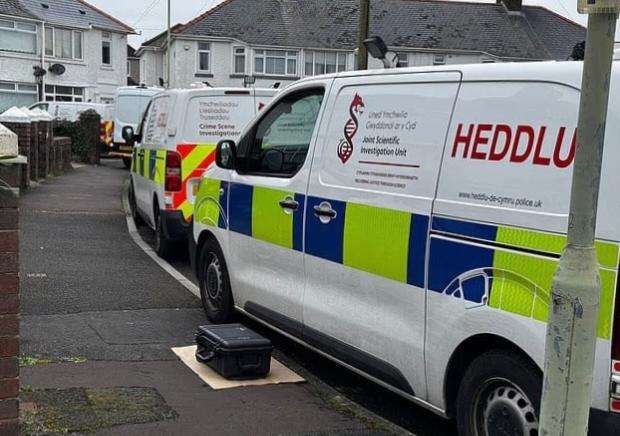
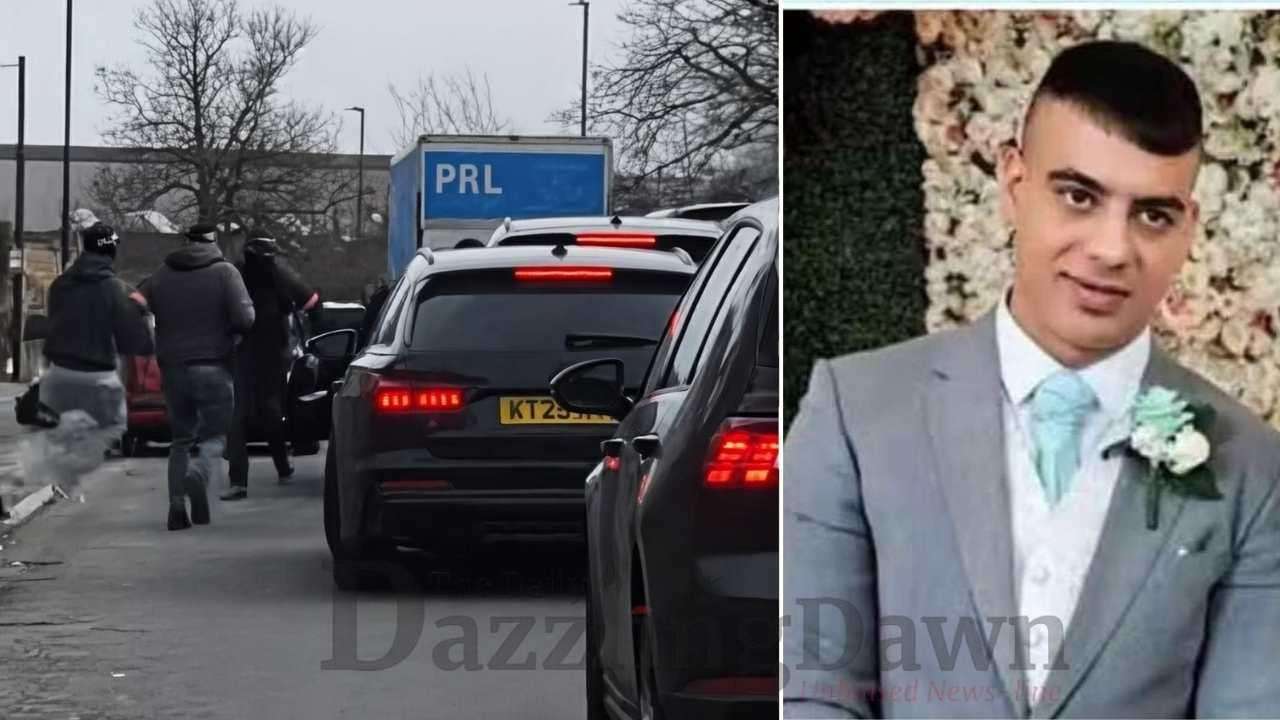
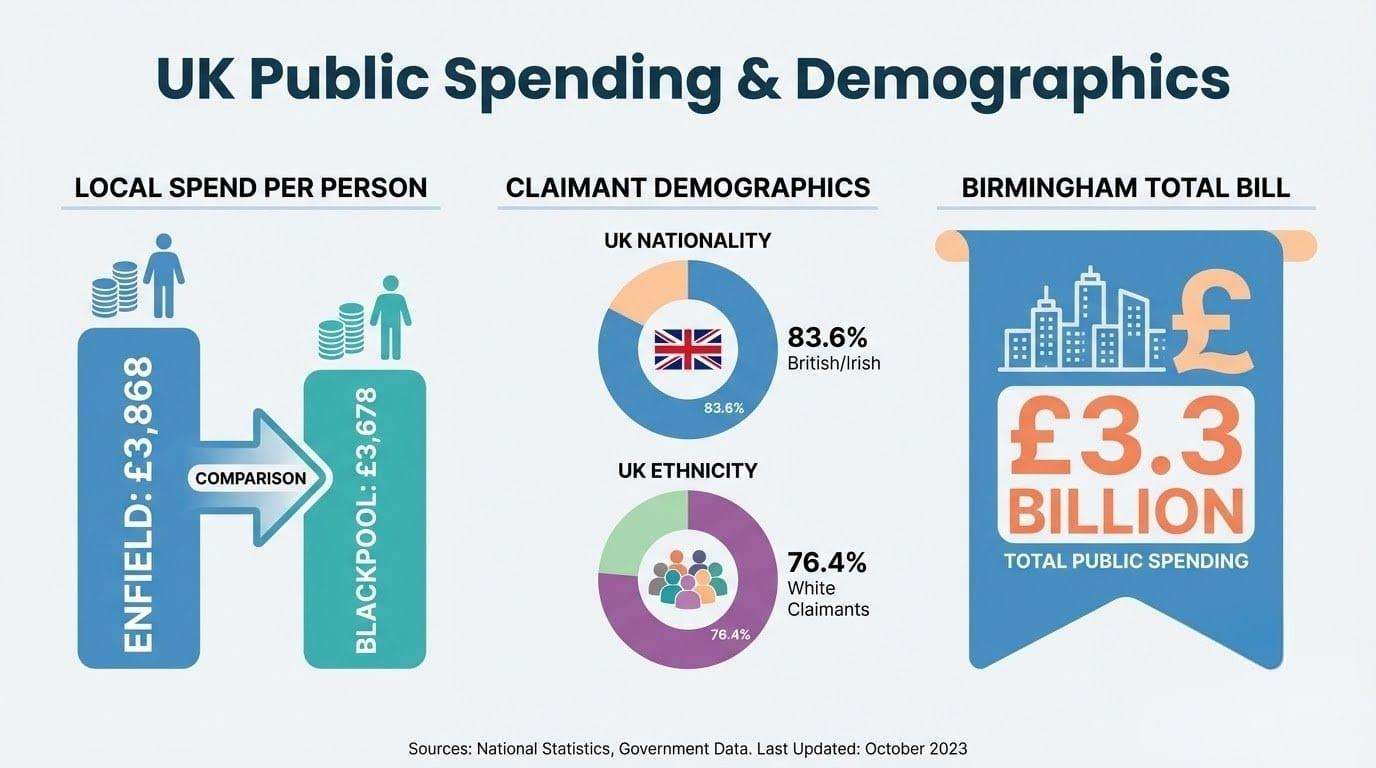
.jpeg)
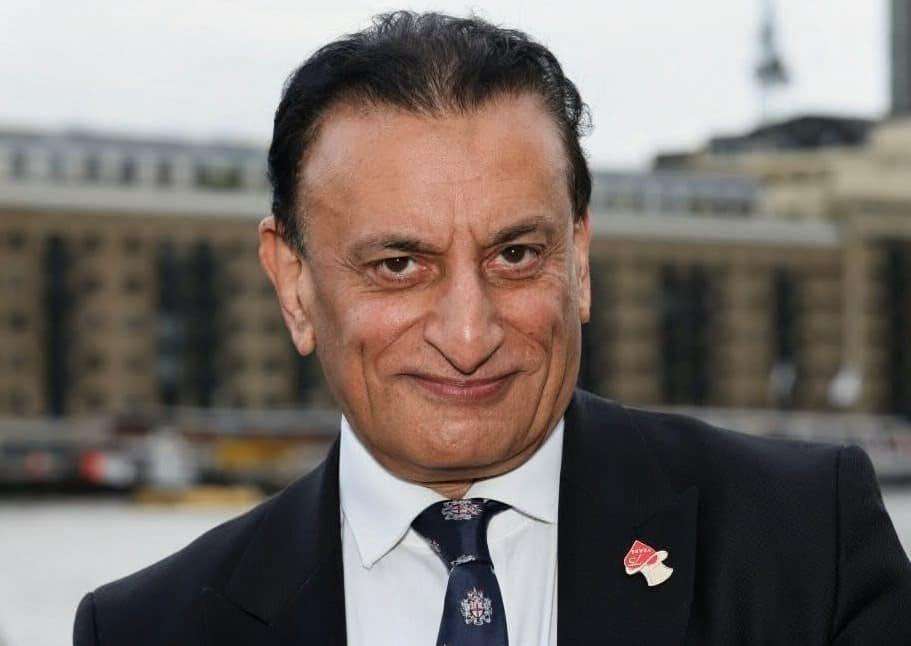


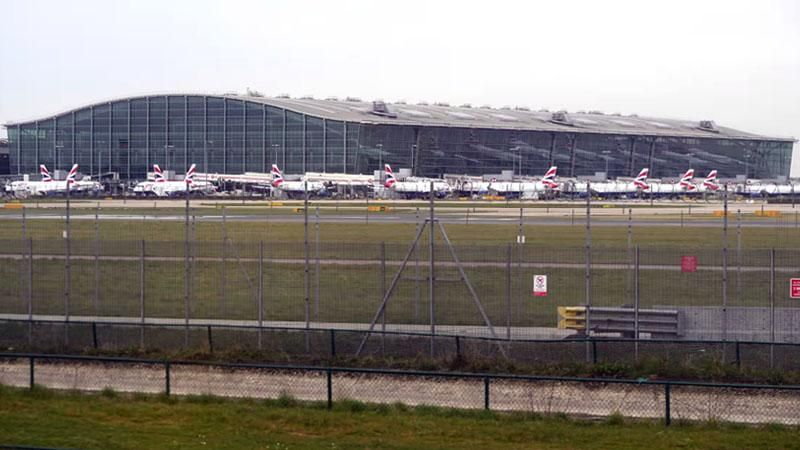
.svg)


